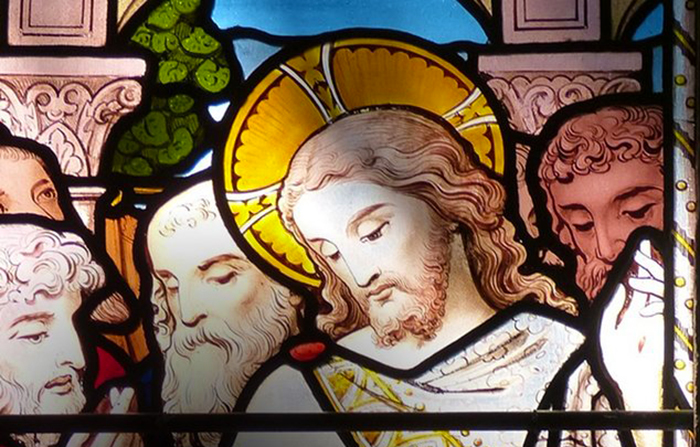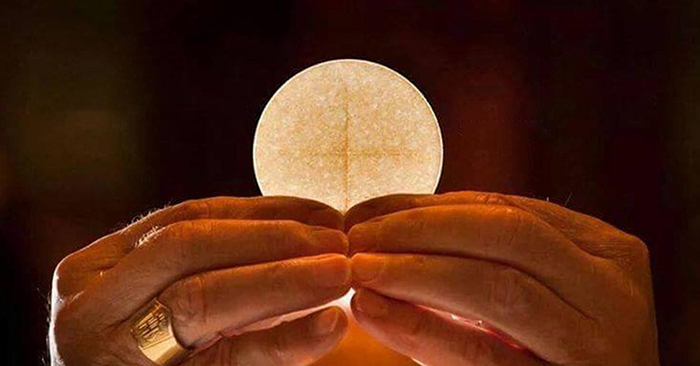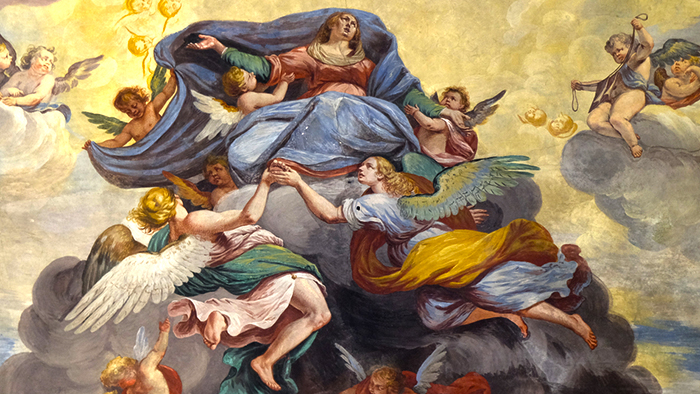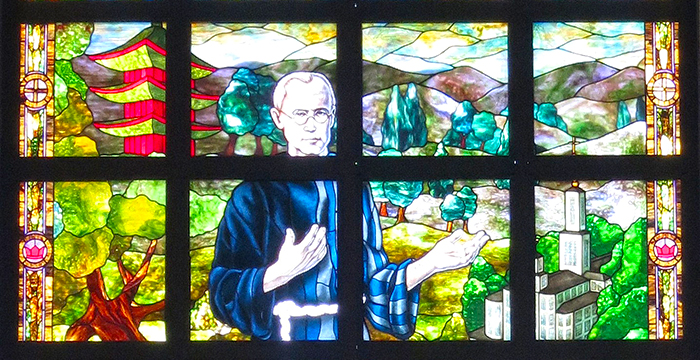
In today’s gospel reading, the Pharisees ask Jesus, “Teacher, which commandment in the law is the greatest?” Many people struggling to understand God and the commandments might say, Why be good and try to keep the commandments if God loves us anyway? Simply put, we don’t try to be good so that God loves and rewards us. God loves us no matter what we do. Heaven is never a reward for a good life. Fr. Ron Rolheiser asks if these are these glib statements. He says the answer is “no” because God’s love, as Jesus assures us, is always unmerited and unconditional; nothing we do can ever make God love us, just as nothing can stop God from loving us. God loves just as God does everything else perfectly. God loves everything and everybody perfectly. Part of Christian belief is that God’s love is what keeps everything in existence. If God stopped loving anything, it would cease to be. That raises an interesting question: If God loves everything and everyone perfectly, does God then also love Satan? Indeed, does God love Satan as much as he loves Jesus’ mother, Mary? The answer can only be “yes.” God loves Satan as much as God loves Mary. The difference is not in how God loves them but in how they, each in turn, love God. God loves each of them in the same way, namely, perfectly. But obviously, Mary’s response is very different from Satan’s. In that difference, we see what creates hell: a certain attitude in the face of love. However, notice that in neither case is the love either merited or deflected. God loves us, pure and simple. God cannot be offended. God’s love cannot be driven away. God does not reward or punish us on the basis of whether we have been good or bad. God simply loves us. Then why be good? Why keep the commandments? What difference does our response make? It’s our response that makes a difference, but not in terms of giving God offense, driving God away, or making God punish or reward us. It makes a difference in how we stand and feel in the face of love.









